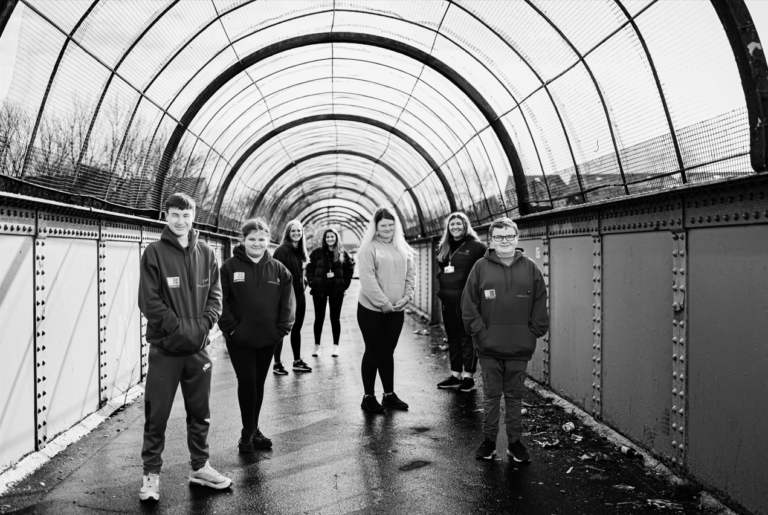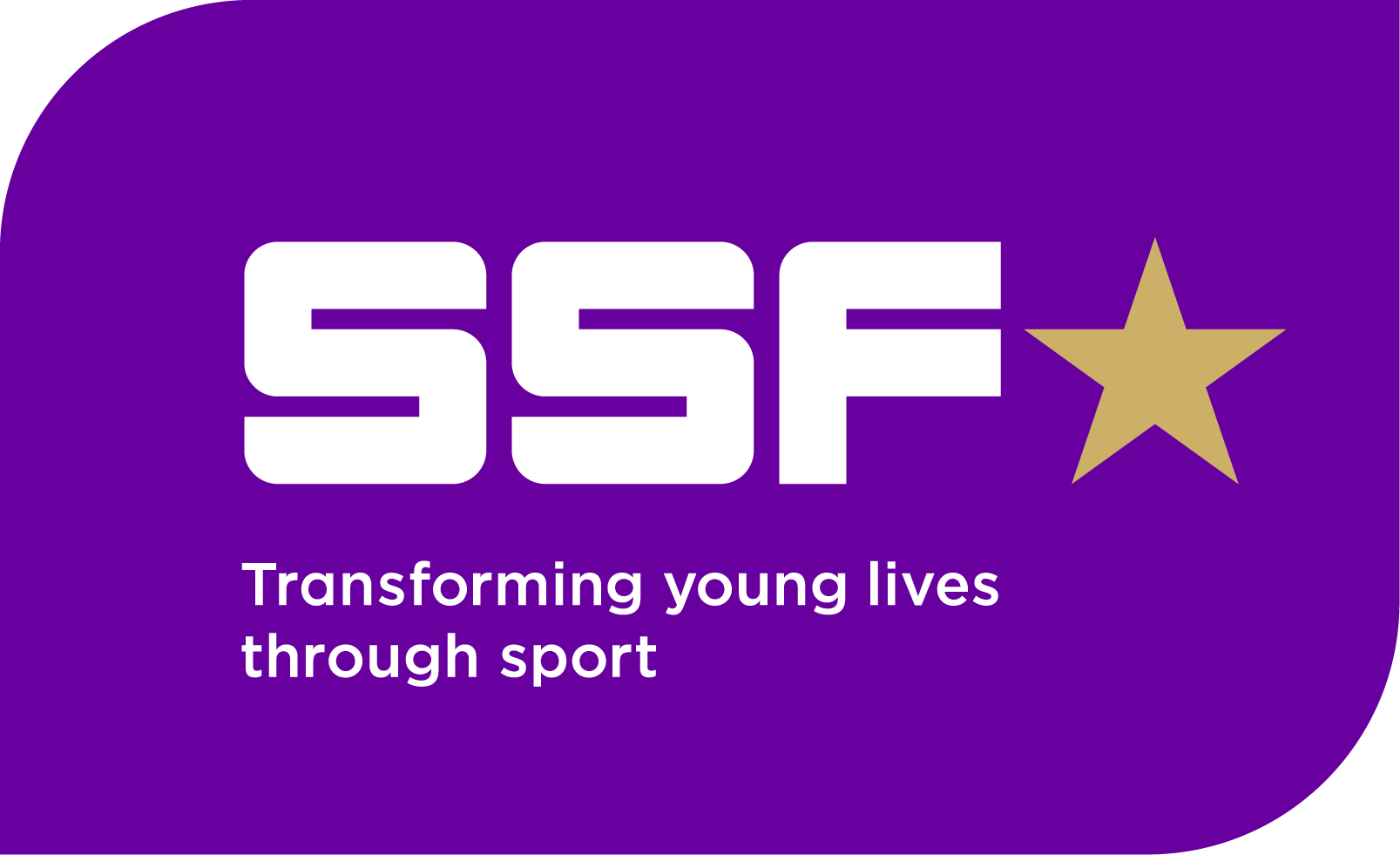
Scottish Sports Futures is urging Scottish Government, Governing Bodies and Local Authorities to significantly invest more in access to physical activities and access to sports facilities for young vulnerable people following the shocking findings of a new report highlighting the challenges facing young Scots living in poverty and the impact of Covid-19 lockdowns.
The charity commissioned Glasgow University to undertake a literature and data review, alongside interviews of young people to better understand the trends affecting young people in Scotland today; the role of physical activity; the impact Covid-19 and the lockdowns played in their lives; and what organisations can do to help navigate the trends.
The report examined Physical Activity and Wellbeing; Poverty; Attainment; Mental Health and Wellbeing; and ACEs (Adverse Childhood Experiences) and Trauma.
By far, poverty was the greatest barrier to health and wellbeing and the driver of emotional challenges. One in four children in Scotland live in poverty and one in five live in absolute poverty. These young people are more likely to be less physically active; are at higher risk of obesity; have higher levels of stress and depression; and experience social isolation, shame and stigma. Non-white young people living in poverty were more likely to experience additional barriers. Food insecurity is also rising.
Inequalities worsened significantly as a result of the pandemic, especially regarding poverty and financial difficulties. Young people reported poor health during lockdown and mental health worsened with reported higher levels of stress, anxiety and depression. The attainment gap widened and children across Scotland are reporting signs of PTSD and trauma from the initial lockdown.
Glasgow has the highest rate of childhood poverty in Scotland with a reported 34% of young people living in relative poverty and almost 50% of families surveyed in Glasgow highlighted financial strains or difficulties from the pandemic. Families living in poverty prior to the pandemic became more vulnerable. Obesity is also rising in Glasgow partly as the result of the lockdowns and obesity is linked to deprivation.
NHS guidelines recommend 60 minutes of daily physical activity however, only a third of young people are meeting these guidelines, representing a decrease in previous years. This is likely due to sedentary behaviour developed during the lockdowns. The findings conclude that twelve to fifteen year olds are the less active age group; girls remain too embarrassed to participate; 90% of young people use local streets and pavements for activity with no access to sports facilities and activity leaders don’t know how to be inclusive with young people with a disability.
“We pride ourselves in being truly needs led, to understand and then adapt services to alleviate the effects of living in poverty. However, we wanted to get up to date facts and figures, alongside real life lived experience post covid.
“This is shocking evidence of the harsh reality of living in deprived communities. Sport, physical activity combined with human connection and services working together, can play a huge part in addressing and improving mental and physical health, buffer the effects of trauma and ACEs, and build skills and qualifications to bridge the attainment gap. Now is the time for significant investment to ensure things to do not get worse.”
Kirsty McNab, CEO of Scottish Sports Futures
The research went on to find that half of those interviewed reported having a mental illness by the age of 24 and some had developed problems before the age of 14. Girls are more likely to suffer and were more likely to worry that they’d missed something their friends had seen on social media or worry that they will be left out of social activities with friends because they weren’t engaged in their social media. Non-white young people were more like to encounter difficulties in receiving treatment or support for mental health difficulties.
Between 500,000 and 700,000 people in Scotland are estimated to have suffered from an Adverse Childhood Experience (ACEs). Individuals with more than four ACEs are more likely to be at higher risk of obesity, to smoke, experience a limiting long-term condition, have a cardiovascular disease, have lower mental wellbeing and not meet physical activity guidelines.
Supporting Statements
“The Violence Reduction Unit Scotland has been supportive of SSF’s trauma-informed work with young people across Scotland for many years. This new report highlights the need now, more than ever, for us to invest in our young people’s health and wellbeing. Access to sport and physical activity is a proven successful conduit to that.
We all want what is best for young people. Taking a trauma-informed approach to helping them must involve listening to young people’s voices, in particular those facing poverty and inequalities. The research is clear - young people across Scotland need our support and it is crucial we all work together to ensure they are provided with hope for the future.
We will support SSF as a partner, in continuing their trauma-informed work in changing lives through sport and physical activity.”
Kirsty Giles, Violence Reduction Unit
“In 2022 you would think that poverty on the scale we are witnessing would be a thing of the past. This research shows just how far reaching an impact it has on different aspects of a person’s life and these young people need as much support as possible.
“By not encouraging young people into sport we are also building up a future health time bomb and we really need to be doing all we can to address this. The benefit sports can bring is multi-faceted and has been well documented and SSF should be applauded for the work they undertake but it really does need to be scaled up.”
Hannah Rankin, Scottish Professional Boxer
